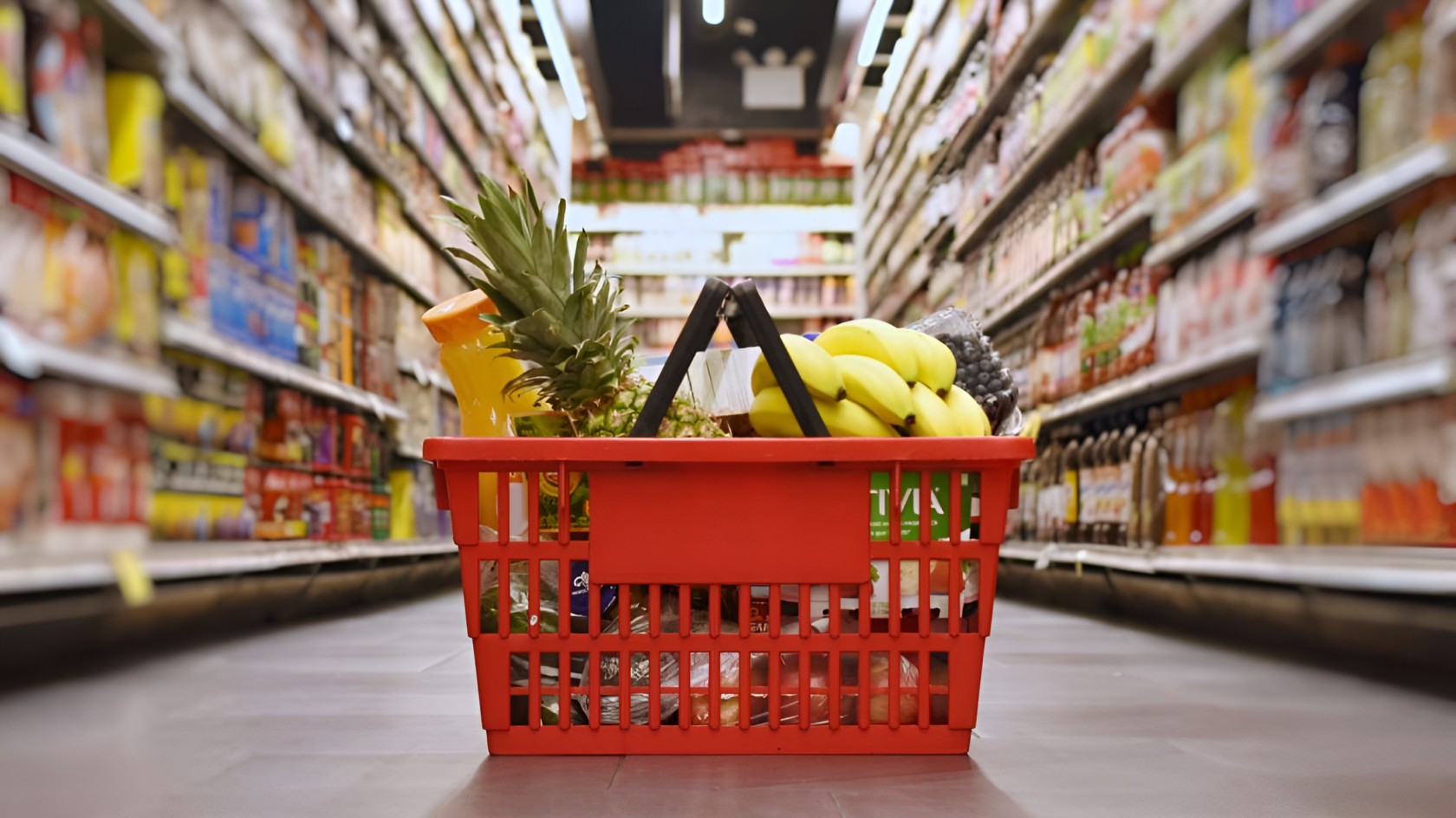A new assessment has revealed that a large majority of packaged food and beverage products sold in Kenya contain excessive amounts of salt, sugar, or unhealthy fat, raising serious public health concerns amid growing cases of obesity and lifestyle diseases.
The report by the non-profit Access to Nutrition Initiative shows that 90 per cent of processed food products sold by both local and international companies do not meet recommended nutrition standards.
It adds that 75 per cent of the products assessed would be classified as “unhealthy” under international evaluation systems like Nutri-Score, which, unlike Kenya’s own model, also considers positive nutrients.
The findings are based on the first independent review of the health value of products from 30 major food and beverage companies in Kenya, carried out by Nutrition Markets Impact.
The report shows that between 2017 and 2023, there was a 16 per cent rise in the sales of (ultra-) processed packaged foods, a trend closely linked to growing rates of obesity and non-communicable diseases (NCDs).
Adult obesity rates in Kenya have tripled since the year 2000. Currently, 13.4 per cent of women and 3.6 per cent of men aged 18 years and above are living with obesity.
Although this is below the regional average—20.8 per cent for women and 9.2 per cent for men—the situation remains concerning. Diabetes also continues to burden Kenyans, with 7.3 per cent of adult women and seven per cent of men affected.
In response to the growing crisis, the government has drafted new rules requiring warning labels on unhealthy food products. While legislation is still under review, the country is moving toward stricter food labeling regulations aimed at protecting public health.
The report found that only 33 per cent of the 746 products assessed met the ‘healthy’ threshold based on the Health Star Rating (HSR) of 3.5 stars or above. This figure slightly improves to 38 per cent when sales volume is considered.
When micronutrient fortification is included, the proportion of products meeting the healthy standard rises modestly to 36 per cent, and 42 per cent when sales are weighted.
Out of the 746 products evaluated, just 140—around 19 per cent—were fortified with vitamins or minerals. Only 120 of those were fortified voluntarily. Even then, only 32 per cent of the fortified items passed the healthy product benchmark.
Seven out of the 12 companies assessed, including Bidco and Kapa Oil, fortify edible oils with vitamins A and D, while Capwell fortifies maize and wheat flour in line with national regulations. However, only Flora FG has made a public global pledge to fortify exclusively ‘healthy’ products based on their criteria and in alignment with Codex and WHO/FAO standards.
The report also highlights that just 14 products, representing 23 per cent of sales volume, meet World Health Organization (WHO) standards that allow them to be marketed to children. At least 10 per cent of the products would meet Kenya’s Nutrition Profiling Model (NPM) criteria, which would exempt them from warning labels.
Despite marketing claims about affordability and health benefits, companies like Bidco, New KCC, and Capwell were found to lack published nutrition strategies defining what they mean by healthy or affordable. Kapa Oil monitors its product prices in comparison with supermarket competitors, while Flora FG tracks household penetration of its products among lower-income groups as a measure of affordability.
In terms of internal nutrition policies, five companies—Coca-Cola, Flora FG, Kapa Oil, Kevian, and Nestlé—were found to support at least one area of workforce nutrition. These include providing healthy meals at work, offering nutrition-focused health screenings, supporting breastfeeding, and educating employees on good nutrition.
Meanwhile, three Kenya-headquartered firms—Brookside, Capwell, and Kevian—mention their contribution to providing healthy or nutritious food products on their company websites, although the report notes gaps in clear commitments and transparency across the board.

